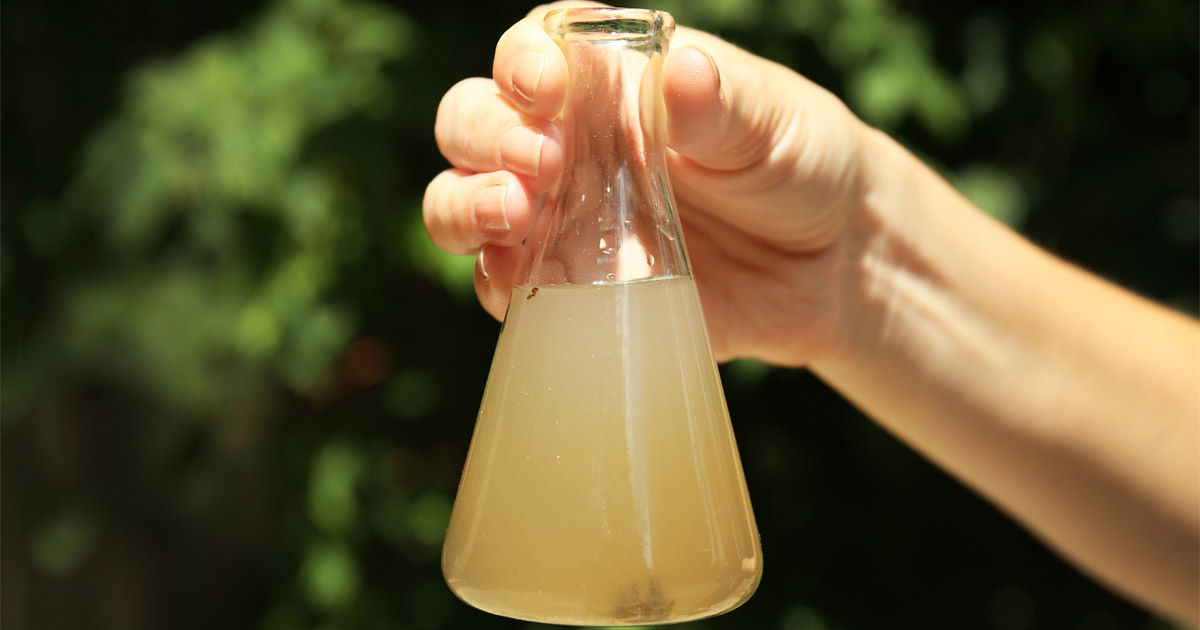MENU
- Home
- Overview
- Attorneys
- Practice Areas
- Firm News
- Blog
- Contact

Our society has vast knowledge about plastic waste and water contamination, so it may seem like a more ethical choice to get rid of bottled water and favor tap water. However, is tap water really the safest choice? When deciding whether to use primarily bottled or tap water in your home, it is important to consider the strengths and weaknesses of both options.
Convenience: Bottled water is more convenient in a major way, it is easily portable. However, in other ways, it is not all that convenient. Often, you have to carry heavy cases of water from the grocery store, and then carry it into your house. Also, you must find space to store and refrigerate it. If your community recycles, which is often the case, you need to do that as well.
Cost: Depending on the type and brand of water, a gallon of bottled water can cost up to $9.50. That is nearly 2,000 times the cost of tap water, three times the national average for a gallon of milk, and four times the cost of regular grade gasoline.
Environmental impact: Although our society has improved recycling, plastic water bottles still find pollute landfills and oceans. Plastic waste is consumed by sea life, and it can also affect us when we consume fish.
Taste: Research shows most people cannot tell the difference between bottled and tap water, which is sensible, because many bottled waters are filtered tap water.
Convenience: Obviously, there is nothing more convenient than getting a drink of water from the tap in your kitchen at home. Of course, it is readily available in restaurants and other locations, and it can also be found at public water fountains.
Cost: Tap water costs an insignificant amount compared to the price of bottled water. If you want additional home and sink filtration systems, factor in those costs as well.
Environmental impact: A 2018 study found that tap water has lower carbon emissions than bottled water. It also requires less energy and has an overall smaller impact on the environment in terms of ozone depletion and other factors.
Taste: Controlled blind taste tests consistently confirm that most people cannot tell the difference between bottled and tap water. If your water tastes abnormal, it might just have a higher mineral content.
Safety: The CDC reports that drinking water in this country is some of the safest water in the world. Food & Water Watch, a non-profit organization, confirms that tap water in this country is often tested more than bottled water. This surprising statistic should keep you at ease if you decide to consume tap water at home.
The federal Safe Drinking Water Act requires water companies to inform the public of potential hazards in their water. If you have a concern about the safety of your water or any other environmental hazard, contact one of our Delaware environmental lawyers at Jacobs & Crumplar, P.A. immediately. We are not afraid to take on the big companies whose reckless oversights caused toxic exposure.
If you wish to schedule a free consultation, contact us online or call us at 302-656-5445. Located in Wilmington and Millsboro, Delaware, we represent clients in Dover, New Castle County, and Sussex County.